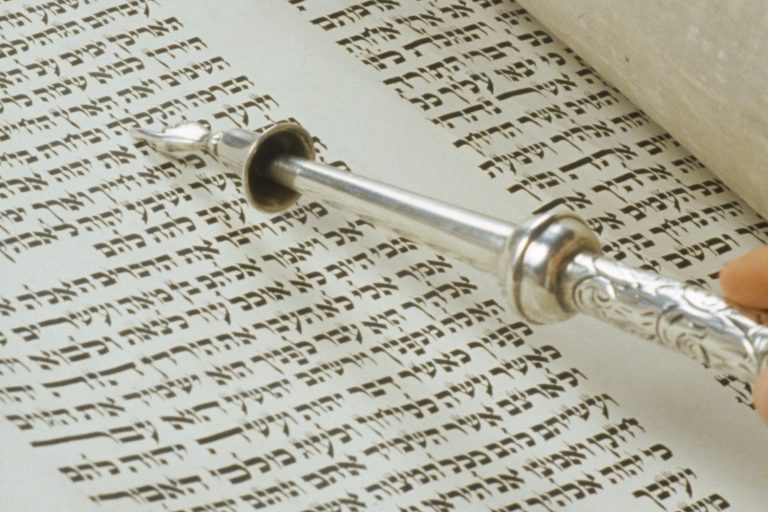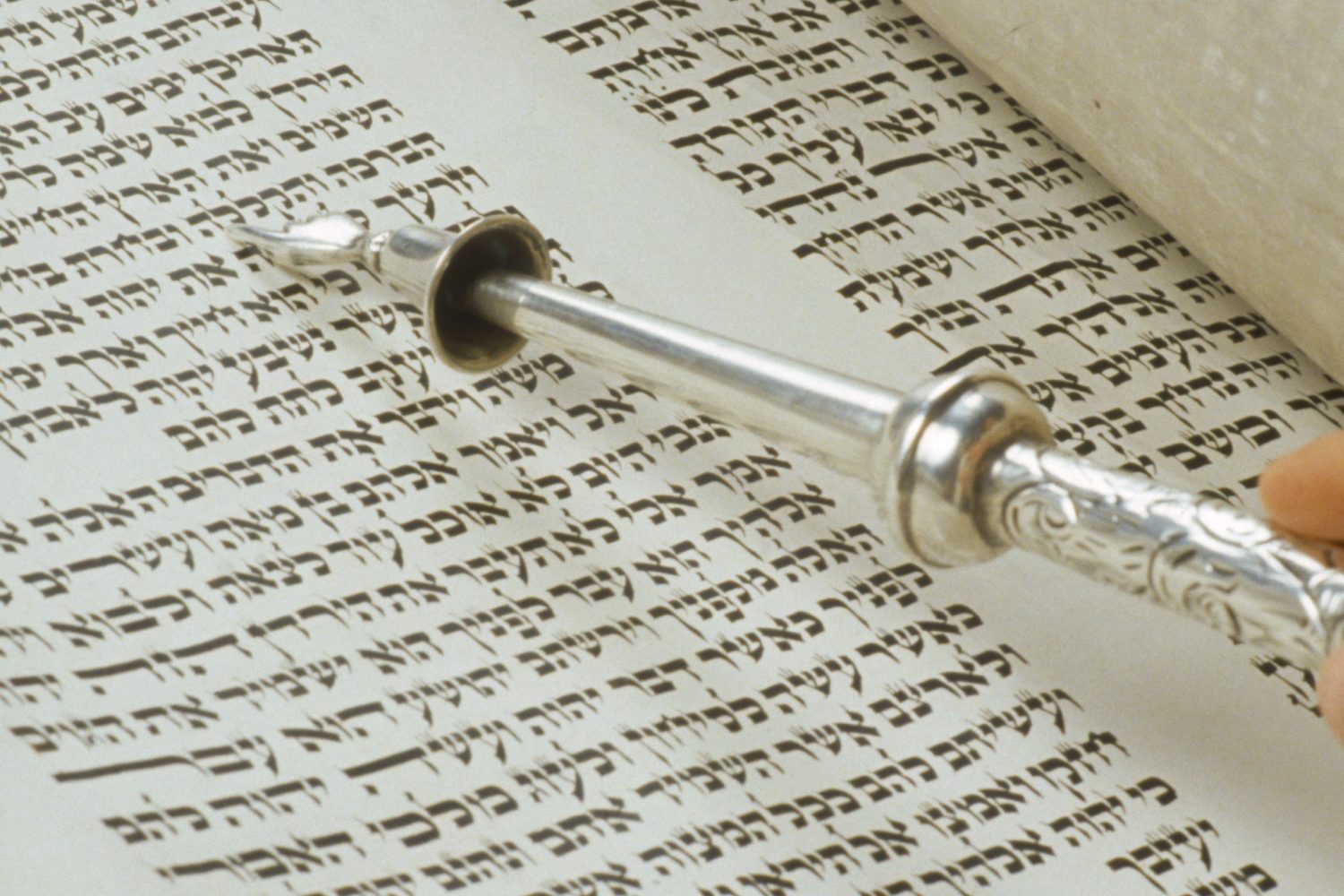 The Torah reading of Tisha B’Av morning is found in Parshat Va’etchanan (4:25-40). The Talmud (Sanhedrin 38a) references this reading with the destruction of the First Beis Hamikdash, as the numerical value of the phrase, “V’noshantem”, with with the reading begins, alludes to the number of years that the first Temple stood.
The Torah reading of Tisha B’Av morning is found in Parshat Va’etchanan (4:25-40). The Talmud (Sanhedrin 38a) references this reading with the destruction of the First Beis Hamikdash, as the numerical value of the phrase, “V’noshantem”, with with the reading begins, alludes to the number of years that the first Temple stood.
Despite this, one would think that one or both of the two “Tochachot” – “Reprimands” – found in Parshiyos B’chukotai and Ki Tavo would have been the selected reading for Tisha B’Av, as these texts provide far more elaboration regarding the punishment to be meted for violating the Torah, whereas the selection from Va’etchanan is rather brief in its portrayal of the punishment which the Jewish People would endure for forsaking God. Furthermore, the Ramban compellingly demonstrates that the first Tochacha (in Bechukotai) reflects the first Churban (destruction), while the Tochacha of Ki Savo refers to the second Churban. Why, then, was the reading from Va’etchanan selected for Tisha B’Av instead of one or both of the Tochachot?
In order for one to properly mourn the destruction of the Beis Hamikdash and the national calamities that befell our people, he must appreciate what was lost. If one does not know how things were before the disaster struck, he cannot appropriately fathom or address the loss being commemorated.
Parshat Va’etchanan details the Jews’ rendezvous with the Shechina, presenting the giving of the Torah at Sinai and the special closeness to and love from Hashem which our nation experienced in the Midbar (Desert). The primary sense which one internalizes when reading this parsha is that of being with God in a most privileged way.
The Tochacha of Va’etchanan, too, consists of a contrast between being chosen by Hashem and living in His Presence to themes of destruction and nothingness. The Torah adjures the Jews in exile to relate back to the days of standing at the foot of Sinai to hear God’s voice (4:33), and we are exhorted to remember Hashem’s rescue of our nation from Egypt with wonders heretofore not witnessed by mankind (v. 34). The entire Tochacha of Va’etchanan is a reproof to the Jew who has been banished for his sins to realize what was lost and to long for the days of old.
This is precisely a reflection of the mourning of Tisha B’Av. We are commanded to mourn by appreciating what we had and realizing ever more the disastrous results of being deprived of living with God’s Presence and in His midst. Whereas the Tochachot of Bechukotai and Ki Savo focus on the punishments for forsaking God and the promises of prosperity for heeding His Word, the Tochacha of Va’etchanan contrasts living in the shadow of God with being cast from before His countenance. This is what Tisha B’Av is all about.
May our appreciation of the Churban instill in us an even greater longing for the Great Redemption, and may we very soon again live in the manifest presence of God.

